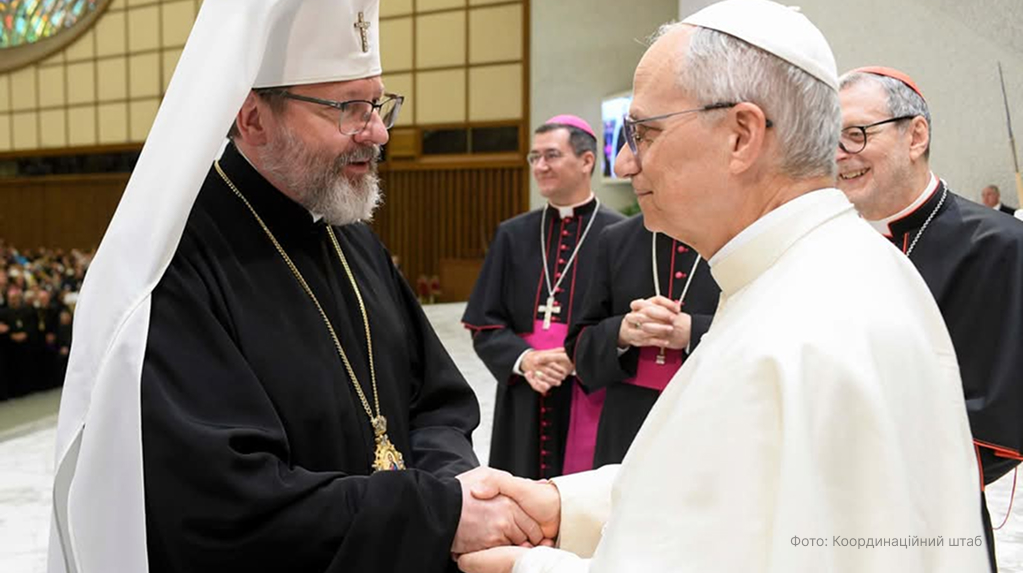Olenivka: A War Crime That Can Not Be Forgotten
On the night of July 28–29, 2022, an explosion tore through the barracks of Volnovakha penal colony No. 120 in Russian-occupied Olenivka. At least 53 Ukrainian prisoners of war were killed, and over 130 were injured. They were soldiers of the Azov Brigade – held in captivity by Russia after defending Mariupol and Azovstal.
What happened that night was not an accident of war – it was an execution.
In the days prior, 193 Azov servicemen were transferred to a specific barrack – the one that would explode. The blast patterns, site damage, and wave direction ruled out a missile strike from HIMARS, despite Russia’s false claims.
The signs of premeditation are obvious. Olenivka staff refused medical care to the wounded. Ambulances stood idle. Guards moved freely across the site after the explosion, with no concern for supposed shelling. The leadership’s reaction was indifference and even joy. Witnesses recall the head of the colony calmly sipping coffee, looking at the ruins of the barrack.
Yet justice is elusive.
In the days following the explosion, the UN announced the creation of a Fact-Finding Mission. But by January 2023, the mission was disbanded without visiting Ukraine. Dmytro Lubinets, Ukraine’s Ombudsman, publicly criticised the mission, emphasising the presence of figures sympathetic to Russia in its composition. Its head, Brazilian General Carlos dos Santos Cruz, had previously served as military attaché in Moscow and later joined the administration of Jair Bolsonaro, a president who, just days before the full-scale invasion, met with Vladimir Putin and voiced “solidarity” with Russia. Another member, Ingibjörg Gísladóttir of Iceland, was criticised by Ukraine and the U.S. for her failure to address Russian human rights abuses during her time at the OSCE.
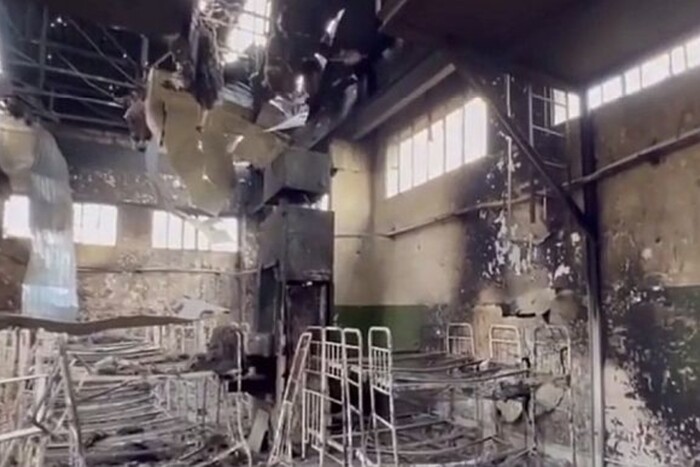
At Inferno, we believe Olenivka must remain on the global agenda, not just as a symbol of Russian war crimes, but as a test for international justice. The massacre of prisoners of war, protected under the Geneva Conventions, must not be left without attention.
We call on international partners to:
- 1: Support a full international investigation into the Olenivka war crime, including by the International Criminal Court, which is currently the most effective institution that can investigate the case.
- 2: Pressure the ICRC to identify the detention locations of all Ukrainian POWs who were in the barrack during the explosions, who were injured, and who remain in Russian captivity.
- 3: At the diplomatic level, emphasise Russia’s blatant violations of international humanitarian law and the rights of Ukrainian prisoners of war held in its captivity.
The truth is known. What’s missing is action.
News
see more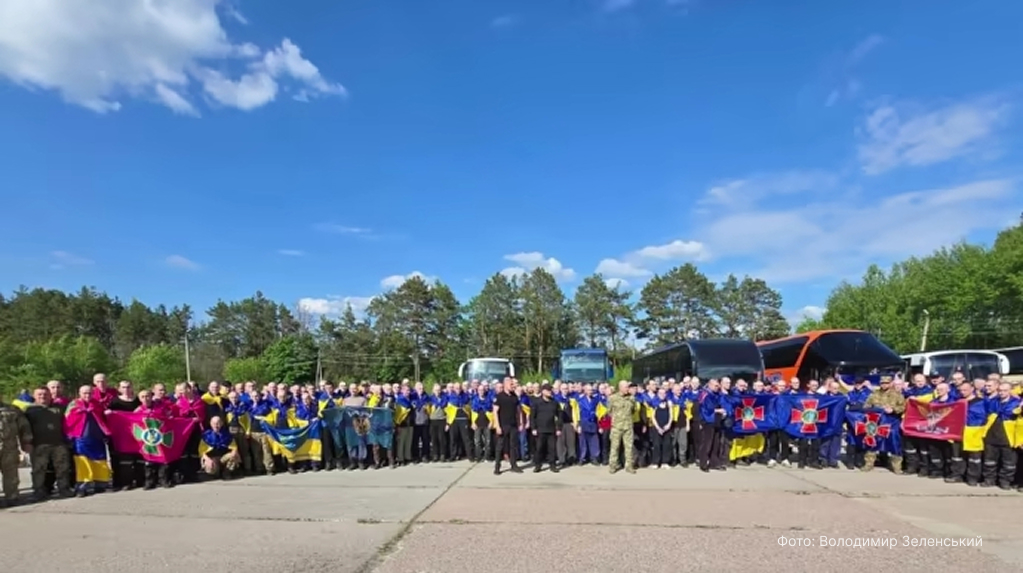
Three-Day POW Exchange: 1,000 Ukrainians Return Home
Between May 23 and 25, Ukraine and Russia carried out a major prisoner exchange under the previously announced “1000 for 1000” deal, agreed during negotiations in Türkiye.
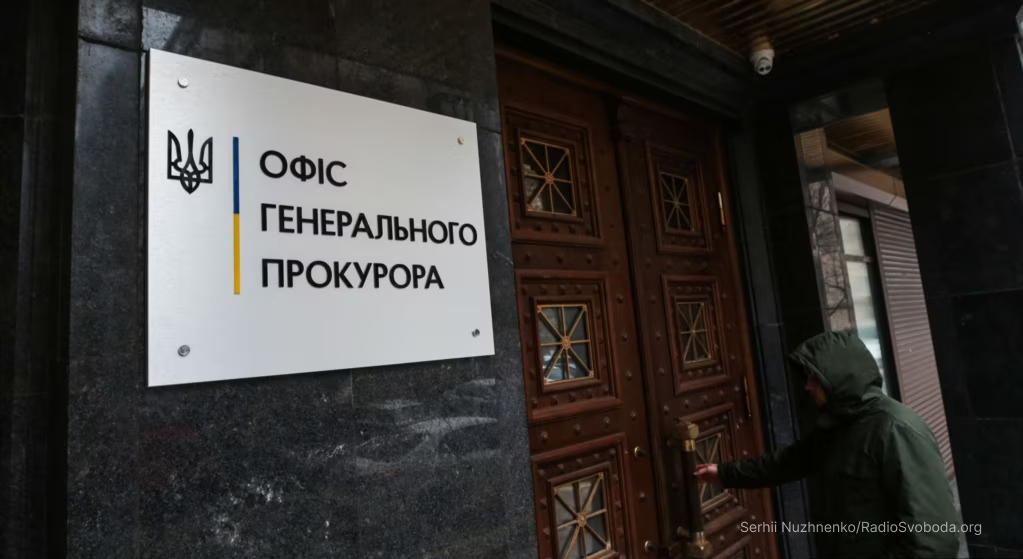
268 Ukrainian POWs Executed by Russian Forces – Ukrainian Prosecutor’s Office Investigates
According to the Prosecutor General’s Office of Ukraine, at least 268 Ukrainian prisoners of war have been executed by Russian forces since the start of the full-scale invasion.
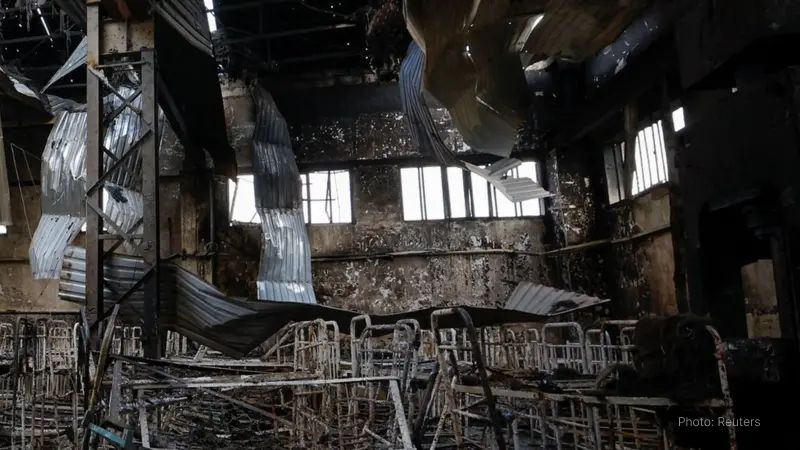
Olenivka: A War Crime That Can Not Be Forgotten
On the night of July 28–29, 2022, an explosion tore through the barracks of Volnovakha penal colony No. 120 in Russian-occupied Olenivka. At least 53 Ukrainian prisoners of war were killed.
